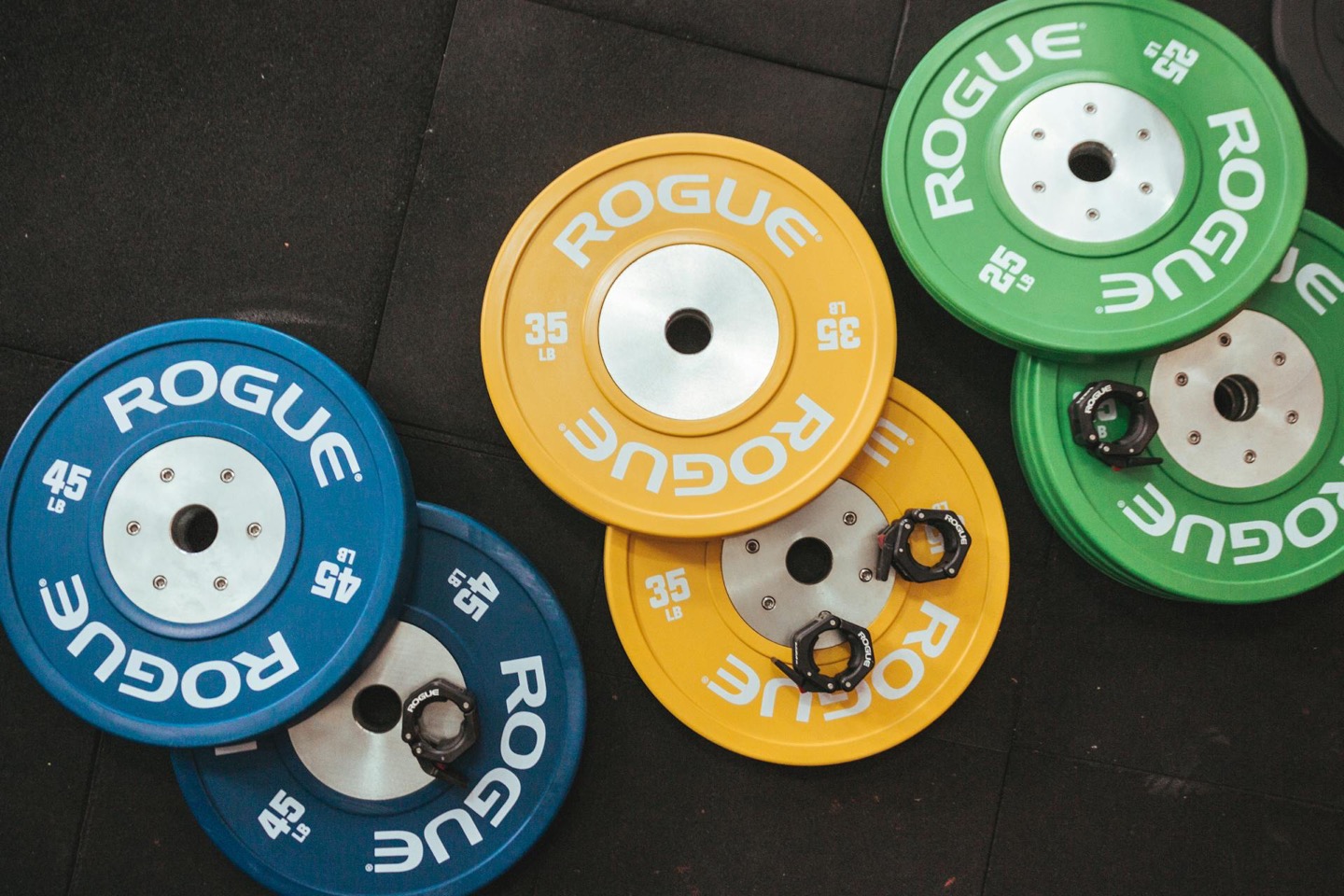I didn’t know this until COVID hit, I was stuck at home, and wanted to set up a home gym.
Naturally, after watching too much content from Matt Fraser and other CrossFit athletes, I knew which brand I wanted needed: Rogue (spoiler: an expensive one). Durable, excellent quality, but pricey.
So, the question was, how could I justify (wife included) spending so much money on a home gym knowing that after COVID, I was probably not going to use it? Well, I didn’t. Instead, I found a way to have the home gym I wanted, and not only didn’t cost me too much, I made money in the process.
After I was done with the gym (roughly 8 months later), I was able to sell all the equipment for what I had paid plus some extra because Rogue was having stock issues in Europe and it was hard to order anything online.
I was lucky, but it led me to rethink how I relate to buying and owning some things nowadays. I know this is extremely obvious for most people, but for me, I had never really considered it before.
The trick is as simple as considering the resale value when buying something. You move from buying things, thinking that you’ll own them forever, and that the price you paid is gone, to thinking they’re more in “rental” mode until you resell them.
Naturally, this approach also means you no longer consider the full price but the original price - reselling price. That’s the magic formula.
So, when considering buying something expensive, think about whether you could resell it later on and research how much it would cost in your local second-hand market. That’s the real price you’ll be paying.
Some resell better than others: nice watches, bikes, gym equipment, jewelry, or hardware tools from respected brands like DeWalt, Milwaukee, or Makita (any Van Neistat fans out there?).
In fact, you might find it’s cheaper to buy an expensive product and resell it later than rent it, or worse, buy something cheap and have to throw it away because no one wants it afterwards.
Until next time!
